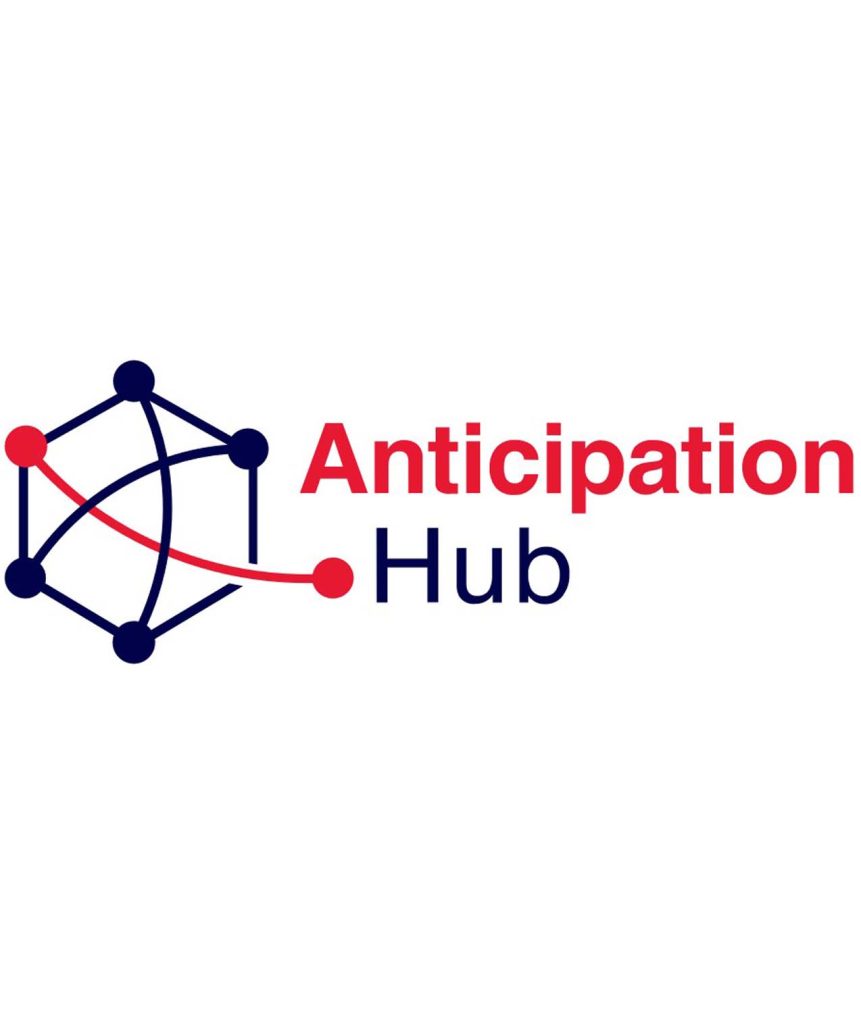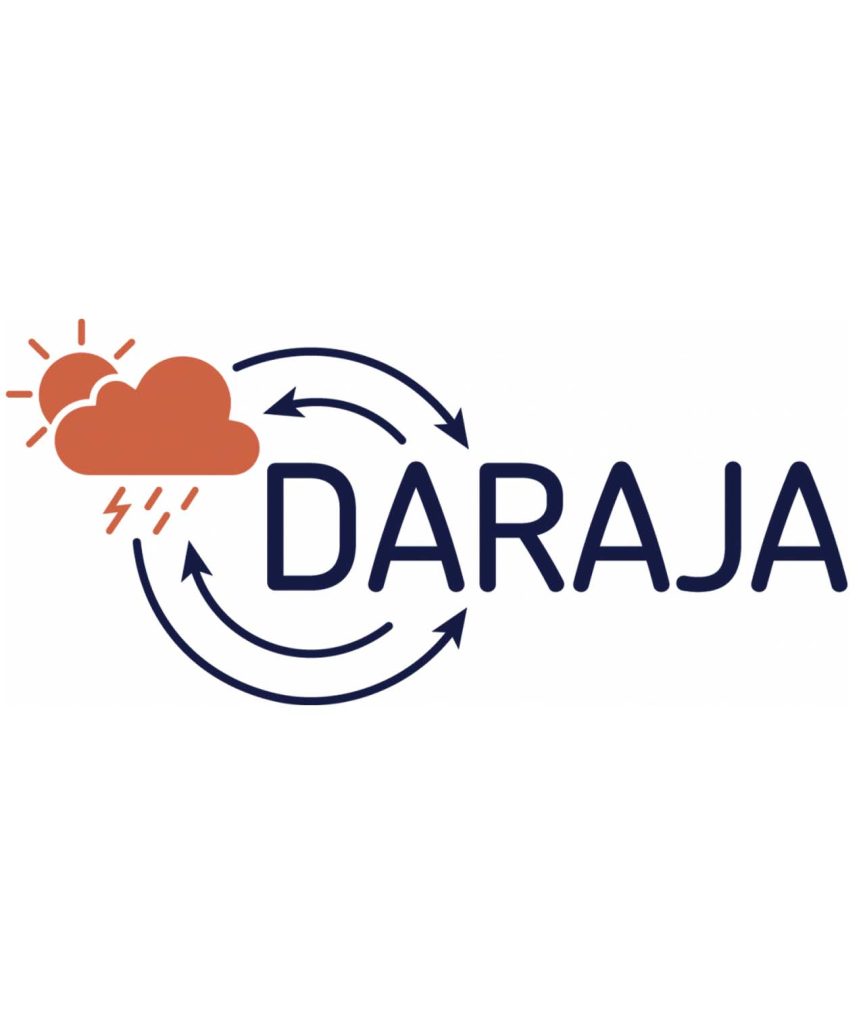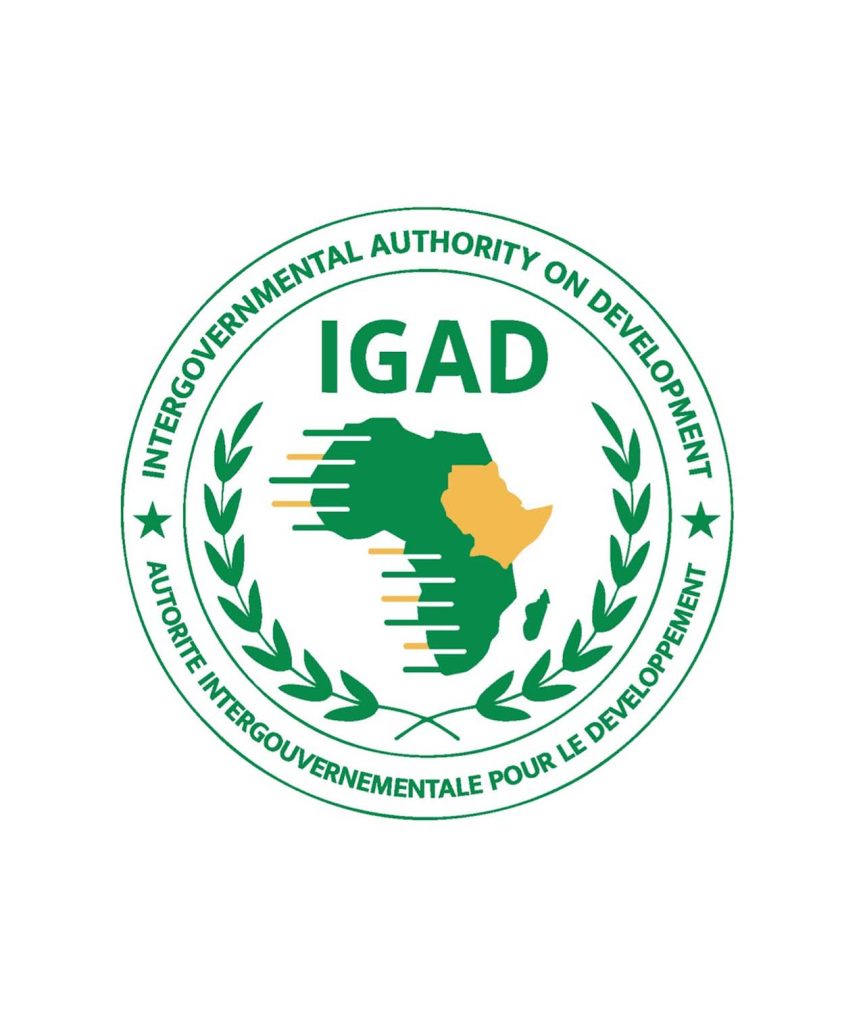Transboundary water cooperation is key to addressing not only the global water crisis, but also related challenges, such as climate change adaptation, the need for economic stability and even peace, speakers at an IHE Delft supported World Water Week event said.
The event, focusing on water diplomacy practice to address climate vulnerability, was moderated by Susanne Schmeier, IHE Delft Professor of Water Cooperation, Law, and Diplomacy.
In a keynote speech Miriam Haritz, German Water Director, said global awareness about the challenges surrounding water is increasing.
Water a messenger
“Across the world, water has become the messenger for many manmade problems, be it due to the climate crisis or growing pollution,” she said. “We are all united in crisis. But we should also be united in solutions. Water related disasters have become a constant and costly threat.”
The increased variability in rainfall, sparked by climate change, affect several economic sectors, including agriculture, forestry, energy production, shipping and industry, she said, adding learning how to manage such changes, across borders and across sectors, is crucial.
“Transboundary water resource management is a key tool to help basins worldwide become more resilient to a changing climate,” she said. “This is a prerequisite both for countries economic development, as well as peace and stability. We need to keep learning from each other, share our best practices, share information and support capacity development. Transboundary water resource management is one of the keys that we already have in our hands to address the growing water-related challenges in shared water resources.”
“Transboundary water resource management is one of the keys that we already have in our hands to address the growing water-related challenges in shared water resources.”
Miriam Haritz, German Water Director
Droughts in focus
Speakers from the Danube and the Mekong river basins discussed how flood and drought risks are being addressed by involving both experts and local communities. Somphone Khamphanh from the Lao National Mekong Committee Secretariat shared experiences on involving citizens across the basin in tracking and mapping flood events and warning neighbouring communities through a mobile phone app.
Birgit Vogel, Executive Secretary of the International Commission for the Protection of the Danube River, highlighted how the Danube, a basin once known for abundant water, has learned to adapt to droughts, building capacity in all riparian states.
IHE Delft experts are speaking at several events at World Water Week, and the Institute is sharing information from the Netherlands booth. On Wednesday, IHE Delft and the Swarovski Foundation will launch a partnership during an event to be held at the Netherlands booth at 17:30.
Read more: World Water Week 2025: Water cooperation to address climate effects








